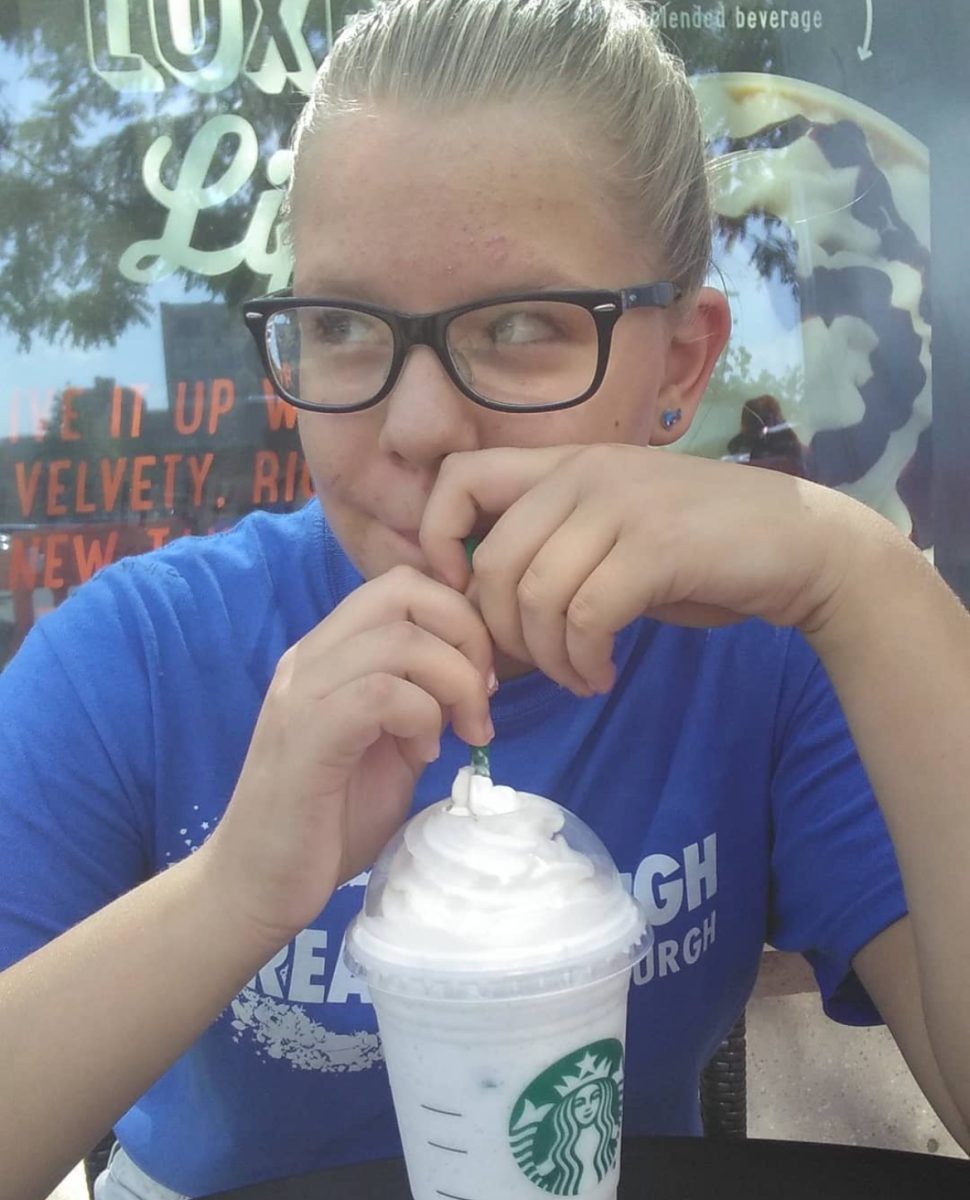At the beginning of a semester, like at the beginning of a new year, we tend to make lists of expectations for ourselves. This year, I will not skip my morning classes, I will have a better GPA, I’ll make time in my schedule to join one more club, etcetera, etcetera, etcetera. At The Campus, we’ve been making similar lists: we’ll redesign the website, we’ll catch all the typos, and heck, while we’re at it, we’ll even add two more pages to the paper.
In these early fits of optimism, it’s easy to shrug off the trend we’ve noticed over the last couple of years. The fact that, about three weeks before finals, we despairingly start to wonder why we set these goals for ourselves, why isn’t skating by good enough?
At this point we each fall back on our individual motivations that keep our feet shuffling to class and our pens scribbling on paper, whether it’s to make your family proud, to get that dream job, or to get into grad school.
At the newspaper office, the reasons behind why we do what we do are a little complicated. This is partly because the role that newspapers and journalism play in a society, especially that of a college campus, is confusing, sometimes even contradictory, and is growing more so now that the 21st century has stripped journalism of the protective mantle of “primary news source.” Without this mantle, journalists are rendered not only vulnerable to the economic effects of a changing media landscape, but are also robbed of their traditional modus operandi: to report the news and inform the public.
Faced with an assignment, a journalist might ask herself, “Why should I write this article when my readers could just Google it?” This question, combined with declining readerships and an obscuring of what even constitutes a readership have led to something of a worldwide journalistic existential crisis. If the news is slowly becoming obsolete, why do we feel so strongly about continuing to produce it?
The answer may lie in that deep-seated American belief that a healthy, functioning democracy relies on an informed public, active in its communities and passionate about the well-being of the nation as a whole.
In the 21st century, that dynamic community is threatened by our new-found ability to remain comfortably isolated from one another in our separate, air-conditioned cars, in our ability to socialize through the Internet, in the fact that we can do our banking, apply for a job and order a pizza without having to talk to another human being. This trend of social fragmentation is one that has been harped on from almost every perspective, documented in books and analyzed in experts’ graphs, but it could also refresh journalists’ modus operandi. At The Campus, it’s what keeps our feet shuffling into the newsroom and our pens scribbling on paper.
In his 1999 book What are Journalists For?, Jay Rosen predicted “that journalism’s purpose was to see the public into fuller existence. Informing people followed from that.”
Even though we are members of an already tiny society — the college — we often find ways to fracture our student body further between clubs, classes, majors and social circles. For The Campus, our utmost objective is to pull individuals out of their private lives and engage them as members of a community, transcending the small circles of our friends and families, the limitations of our own experiences.
The initial goal of this newspaper has always been, and should always continue to be, to inform the Allegheny community. Yet like studying and going to classes are bricks in the road to making a difference in our lives and communities, each article is, ideally, a step towards a healthier, more dynamic campus.
In the very first issue of The Campus published in 1876, our founding editors explained their choice in naming the fledgling newspaper, saying that “the original Campus was a free, open field [that] came to mean any free place of action, and thus we propose to make our Campus a field of literary activity. In it, we propose to take mental exercise and recreation, and at the same time extend a cordial invitation to students, teachers, and friends to enjoy its opportunities with us.”
At the top of our list of goals for the year, we place keeping this original definition alive in The Campus today. It is our mission in the coming year to provide a service to our college community by acting as a literary space in which we come together to be informed of and discuss the issues that affect us as members of this campus.
We wish the best of luck in the coming year to all of our readers, and we at The Campus are looking forward to continuing to be a part of it.
Sam Hungerford
Editor-in-Chief





